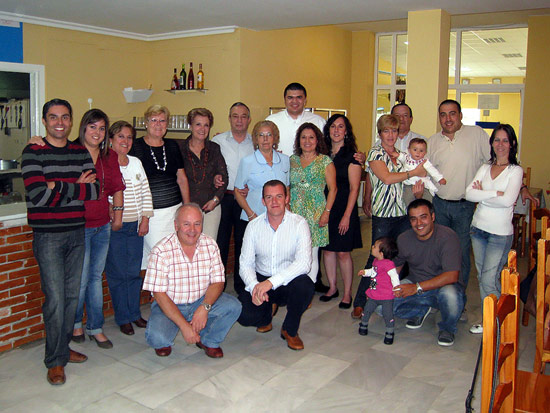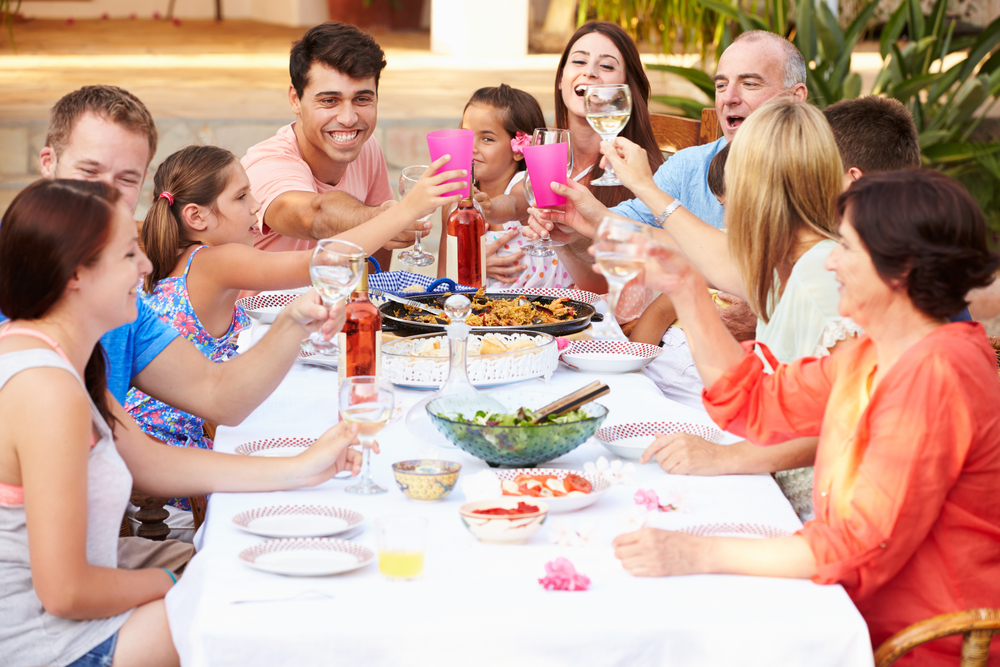Life Stages: Family and Parenting
Family Structure
Family is defined broadly and includes in-laws, blood relations, and godparents. A strong sense of responsibility, caring, loyalty and closeness is typical of Spanish families. Traditionally, a father is the breadwinner, and a mother is the caretaker of the house and children. Where women have stepped out of their domestic roles to work, the grandparents usually act as caregivers to their grandchildren.
Spanish couples strongly believe in having children, as they consider children both a blessing and the fulfillment of the circle of life. Children of both sexes are valued equally. The law ensures that women inherit property equally with their brothers and that they are otherwise protected from exploitation.
Young people are expected to study hard and complete their education. Spaniards emphasize teaching their children ethics, moral values, etiquette, and table manners.
Young people respect their elders in Spain, giving older people a general sense of safety and security in the country. Grandparents often live in the same house with family, especially if the mother is working.
Family Time
Spaniards work hard and value their leisure time, which is usually spent with family. On Sunday most places are closed, and people spend the day as a family either at home, with leisure activities, or by going out to eat. Family members make it a point to gather at mealtimes. July and August are the primary vacation months for Spanish families.
Favorite family leisure activities include watching television, visiting friends and relatives, and taking walks (paseos) along the seashore, parks, or main streets. Watching bullfighting (corrida de toros) is popular, but soccer (futbol) is the country’s favorite sport.
Men play dominoes, cards, bingo, lotteries, and other games in bars and cafes. Spaniards form social clubs (tertulias) and meet regularly in cafes to discuss ideas, events, and politics. The more active participate in outdoor sports such as hunting, skiing, fishing, and hiking. The more sedentary enjoy going to concerts, the theater, and movies. Street life can be quite active at night, and a lot of socializing takes place in public places in the evening.
Copyright © 1993—2025 World Trade Press. All rights reserved.

 Spain
Spain 
